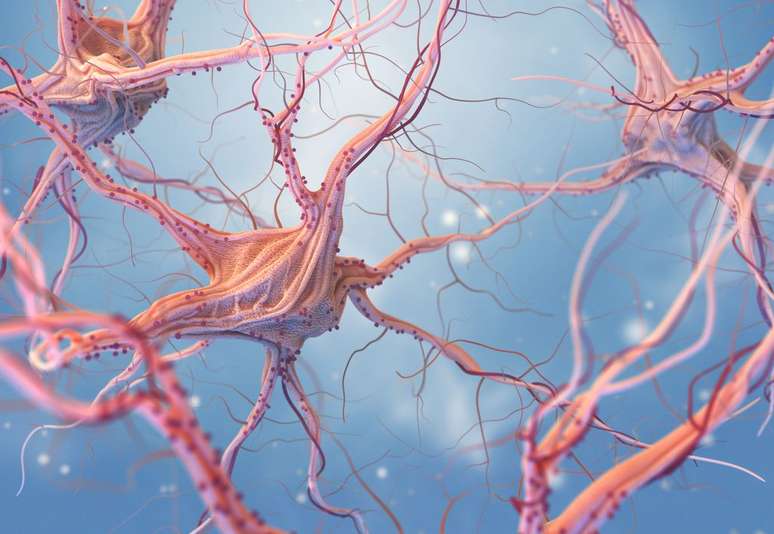Neurons that express the neuropeptide Y receptor Y2 (known as NPY2R) are directly linked to fainting, according to a new scientific paper
The exact mechanisms at work when someone faints remain largely a mystery, but a new study has been published in the journal Nature last Wednesday (1) identified for the first time the neurons directly linked to fainting.
- People in a coma may be conscious but not control their movements
- How does it feel to die? Here’s what science has discovered so far
At the time, researchers were focused on the genetics behind a sensory group known as nodose ganglia, which are part of the vagus nerves that carry signals between the brain and visceral organs, including the heart.
From the study it was possible to discover that the heart also sends signals to the brain, which can alter brain function. The study focused on vagal sensory neurons, which project signals to the brainstem and are associated with fainting.
In the search for a new neural pathway, the researchers found that these neurons expressing the neuropeptide Y2 receptor (known as NPY2R) are closely linked to the so-called Bezold-Jarisch reflex (BJR), a cardiac reflex also linked to fainting.
By activating NPY2R in mice during the experiment, the scientists noticed that the freely moving rodents immediately fainted. The rats showed rapid pupil dilation and eye rotation. The accident also accompanied suppression of heart rate, blood pressure and respiratory rate.

Further tests showed that when NPY2R neurons were removed from the mice, the fainting conditions disappeared.
The importance of disclosing fainting
The authors estimate that the study could be relevant for better understanding and treatment of various psychiatric and neurological disorders related to brain-heart connections.
With this, the researchers also reveal that they would like to continue monitoring the precise conditions under which vagal sensory neurons are activated and hope to take a closer look at cerebral blood flow and neural pathways in the brain during the moment of fainting to better understand the condition they describe as “common but mysterious.”
They also hope to use their research as a model for developing specific treatments for conditions associated with fainting.
Discoveries about neurons
In addition to the neurons linked to fainting, the scientific community has focused on these cells that characterize the nervous system, responsible for transmitting impulses to the brain: in 2022, researchers discovered the neurons specialized in speed and paths, For example. This year, a study found this out New neurons also form in the adult brain.
Source: Nature
Trends on Canaltech:
- It is possible to “talk” to sleeping people
- Marvel turns one of the worst powers seen in DC into something incredible
- Xiaomi 14 arrives with HyperOS and the brightest OLED in the world
- Thor just created a new legendary weapon as powerful as Mjolnir
- Copilot generates erratic icon behavior in Windows 11 update
- Galaxy S24 line: leaked covers show that the design should change little
Source: Terra
Rose James is a Gossipify movie and series reviewer known for her in-depth analysis and unique perspective on the latest releases. With a background in film studies, she provides engaging and informative reviews, and keeps readers up to date with industry trends and emerging talents.






